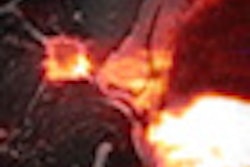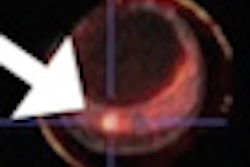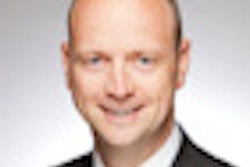U.S. cardiologists are seeing more patients than ever before, yet on average they are performing fewer advanced nuclear imaging tests on those patients, according to a new report from the American Society of Nuclear Cardiology (ASNC).
As reasons for the decline, the survey cites a change in approach to the delivery of cardiovascular care, as well as continued concerns about economic conditions.
ASNC reported that in 2011, the average cardiologist recorded more than 2,100 patient visits, an increase of more than 29% since 2004. At the same time, however, an average of 356 imaged stress studies per cardiologist were performed last year, a number that includes stress echo, SPECT, or PET tests. That total is up only 2% compared to 2004.
The average cardiology practice performed these tests on one of every 11 cardiology patients in 2011, as opposed to one of every seven patients in 2008, according to the report. The survey cites a number of reasons for the shift, including increased use of appropriateness criteria, concerns over radiation dose, and a shortage of molybdenum-99m, the precursor to technetium-99m, a widely used cardiac imaging radioisotope.
More than 110 practices, representing more than 2,000 cardiologists, took part in the survey, which was released at ASNC's annual conference this week in Baltimore.



















